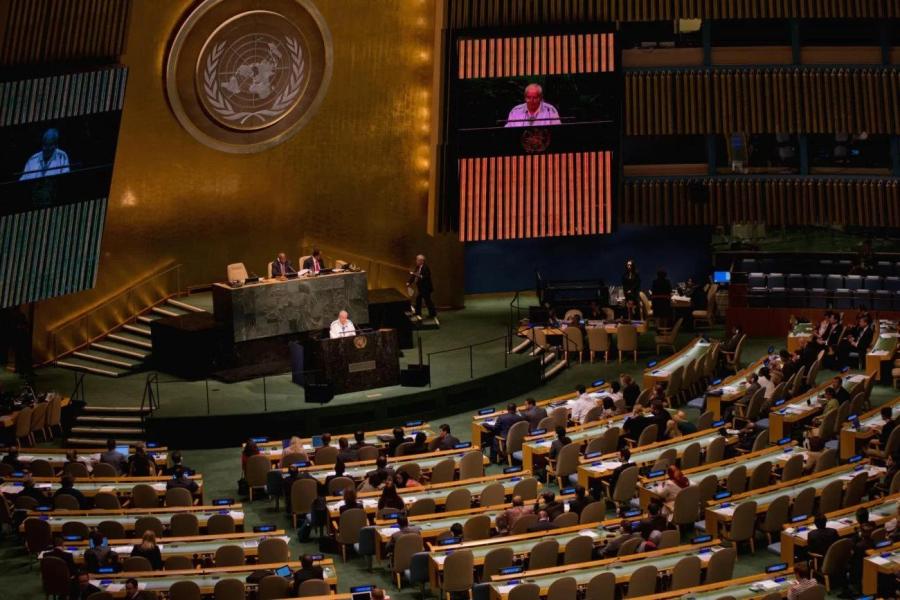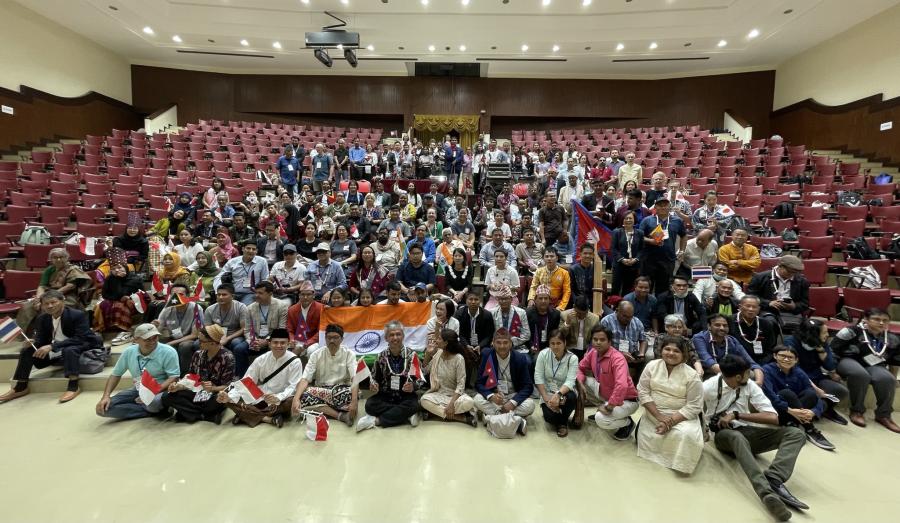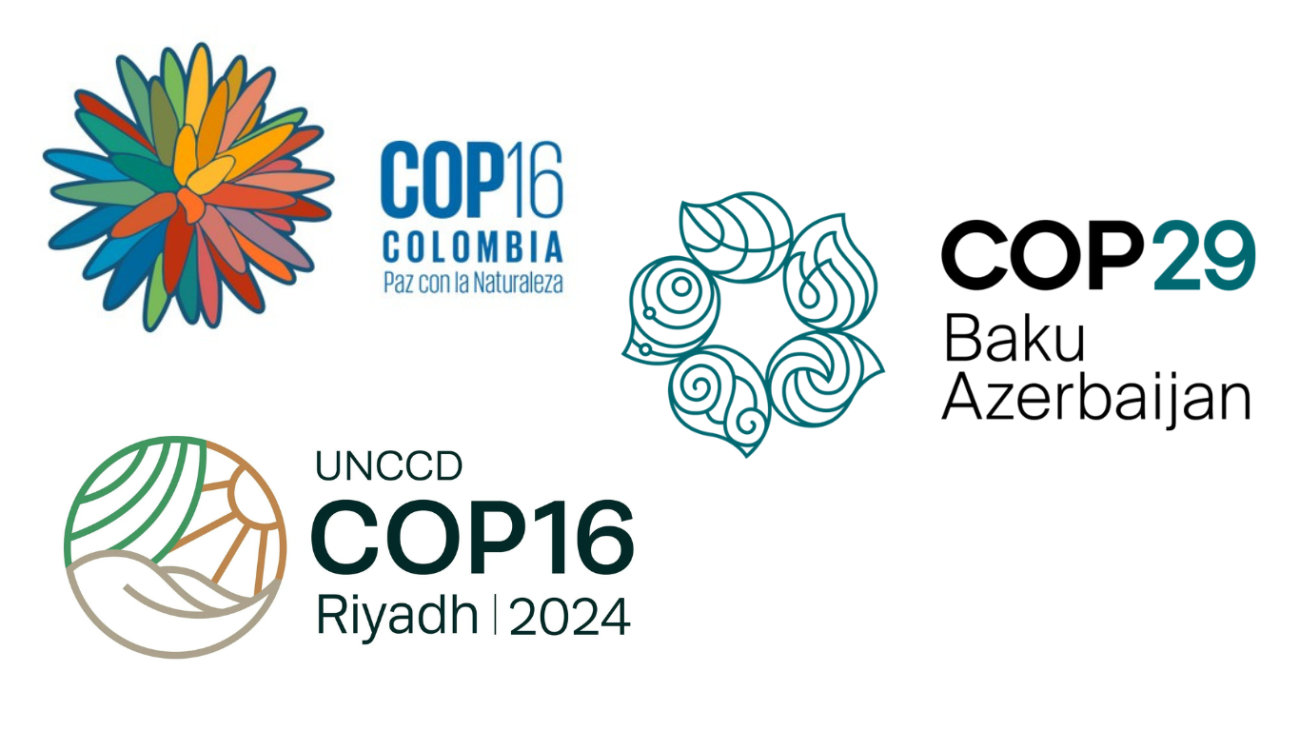
By CS Staff
The year 2024 is unique in that the last three months of the year are occupied by Conferences of the Parties of three UN Conventions:
- October 16-November 1, Conference of the Parties to the Convention on Biological Diversity (COP16 UNCBD), Cali, Colombia.
- November 11-22, Conference of the Parties to the Framework Convention on Climate Change (COP29 UNFCCC), Baku, Azerbaijan.
- December 2-13, Conference of the Parties to the Convention to Combat Desertification (COP16 UNCCD), Er Riyadh, Saudi Arabia.
All these processes affect Indigenous Peoples’ rights to lands, territories, and resources, rights to traditional governance and management, conservation, protection, and traditional use, and the safeguarding of Indigenous knowledge systems, practices, and full livelihoods.
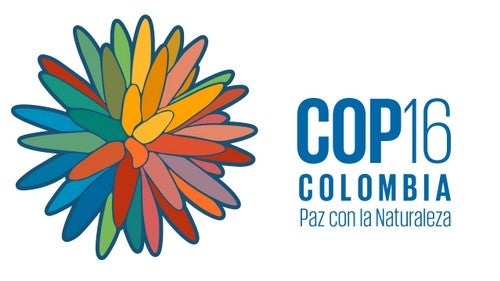
Convention on Biological Diversity (CBD): Conference of the Parties 16
The COP16 CBD ended, on the one hand, with some victories for Indigenous Peoples' rights and their future participation in the UN system. Still, at the same time, states failed to agree on a financial strategy that would help mobilize finance to combat the loss of biodiversity in developing countries, and there were many limitations to Indigenous Peoples’ participation overall. In total, Parties committed by 2030 to mobilizing at least 200 billion United States dollars per year, with an interim target of at least $20 billion per year by 2025 for developing countries. With a few months left until the 25th year, the mobilization commitments of developed countries have yet to be met and are unlikely to be met, as these issues have been postponed until next year.
This meeting has been touted as the “People’s COP.” There were many decisions to be made regarding Indigenous Peoples, and in some ways, the COP centered Indigenous, Afrodescendent, and other Peoples more than any other COP has. In other ways, this COP continued to maintain the same limitations to access to real influence as other COPs.
In a major achievement, at this COP, after many years of negotiations by the Indigenous Peoples, the Parties established a permanent Subsidiary Body on Article 8(j) and Other Provisions of the Convention on Biological Diversity related to Indigenous Peoples. The new Subsidiary Body will contribute to decision-making in the area of protection and recognition of Indigenous Traditional Knowledge, innovations, and practices by directly submitting its recommendations and proposals to the Conference of the Parties for approval, organizing working groups and expert groups on thematic issues, as appropriate and others. This is a truly historic decision. There has never before been a Subsidiary Body in any Convention or in the UN system that will become an institutional mechanism for Indigenous Peoples’ issues. The Subsidiary Body will begin its work next year. It will be the starting point for the rights and strengthening of the effective participation of Indigenous Peoples in the work of the Convention.
Also important for Indigenous Peoples is the adoption of a new Programme of Work for Article 8(j), which is based on Indigenous-led initiatives and the promotion of Indigenous biodiversity conservation practices.
Additionally, this COP resulted in the creation of the Cali Fund for fair and equitable benefit-sharing from the use of digital sequence information (DSI) on genetic resources. DSI is broadly understood as data derived from genetic resources such as plants, animals, and microorganisms, many of which occur on Indigenous Peoples' lands, waters, and territories. Along with these data, researchers often collect ancillary information, that is, Indigenous Traditional Knowledge about these genetic resources. This raises the issue of intellectual property, Traditional Knowledge, data sovereignty, and benefit sharing. For Indigenous Peoples, it is, above all, the protection of their rights, knowledge, resources, and possible benefits.
According to the approved decision, at least 50 percent of the Cali Fund will be allocated to support the self-determined needs of Indigenous Peoples, which highlights the importance of Indigenous Peoples' Traditional Knowledge and genetic resources. The Fund has just been created; its operation mechanisms have not yet been developed, but the first step has already been taken. The industries that will have to pay for the use of genetic material include cosmetics, biotechnology, agribusiness, pharmaceuticals, nutraceuticals, etc. That is likely why COP16 attracted a record number of participants from business and industry. Agricultural, chemical, and biotech trade giants have embedded their representatives in the official delegations from the countries, which reflects their level of influence very well. Although the Cali Fund on DSI was established, the key issues to mobilize $200 billion per year by 2030 to implement national biodiversity strategies and action plans for combatting biodiversity loss are not finished and will continue in next year's meeting.

UN Framework Convention on Climate Change: Conference of the Parties 29
On November 11, 2024, the 29th Conference of the Parties to the Framework Convention on Climate Change (COP UNFCCC), began in Baku, Azerbaijan.
The main topics for discussion under COP29 are the development of a New Collective Quantified Goal (NCQG) for Climate Finance Goal to increase financial support for developing countries. Climate finance will also be reflected in the review of the Warsaw International Mechanism for Loss and Damage from Climate Change, including consideration of the structure, scope, and financing mechanism of the new Loss and Damage Fund, created at the COP28 in Dubai.
National Adaptation Plans (NAPs) and mitigation are also some of the issues to be considered. Carbon markets and Indigenous Peoples' rights - the most pressing issue for negotiators at the International Indigenous Peoples' Forum on Climate Change (IIPFCC), the Indigenous Caucus in the context of the UN Framework Convention on Climate Change. In many cases, carbon market initiatives include the creation of protected areas that restrict Indigenous Peoples' access to their ancestral lands, waters, territories, resources and traditional ways of life, which is why this issue is so sensitive to Indigenous participants.
Even before this COP started, the choice of the country was criticized. First, this is the third consecutive UN COP on the issue of climate change to take place in a country promoting fossil fuels and carbon markets. Second, Baku was chosen because Russia, using its veto right, blocked the choice of other countries in the Eastern Europe region where COP29 was to be held, leaving only Armenia and Azerbaijan. As a result, the country most dependent on fossil fuels was chosen, where oil and gas account for 90 percent of exports and 60 percent of the State budget.
Third, Azerbaijan, a country where corruption is prevalent, whose authorities have intensified repression of the right to freedom of expression, association, and peaceful assembly, persecuting government critics and political opponents. Among those arrested is human rights activist Anar Mammadli, who, weeks before his arrest, co-founded a climate justice initiative to advocate for civil liberties and environmental justice in Azerbaijan in the run-up to COP29, as well as renowned economist and anti-corruption activist Gubad Ibadoglu, who specializes in, among other things, revenue transparency in the oil and gas sector.
In 2024, the number of political prisoners in Azerbaijan reached the maximum value for 23 years of the country's membership in the Council of Europe. In this regard, on October 24, the European Parliament adopted a resolution in which it also noted the Azerbaijani regime's repression of activists, journalists, opposition leaders, and others, including EU citizens, which has markedly intensified in the run-up to the upcoming 29th UN Climate Change Conference (COP29)
Against this ongoing backdrop, we can only hope for the success of the ongoing negotiations and the fairness and adequacy of future decisions in this meeting. Negotiations have begun, and the result will be visible by the end of November.
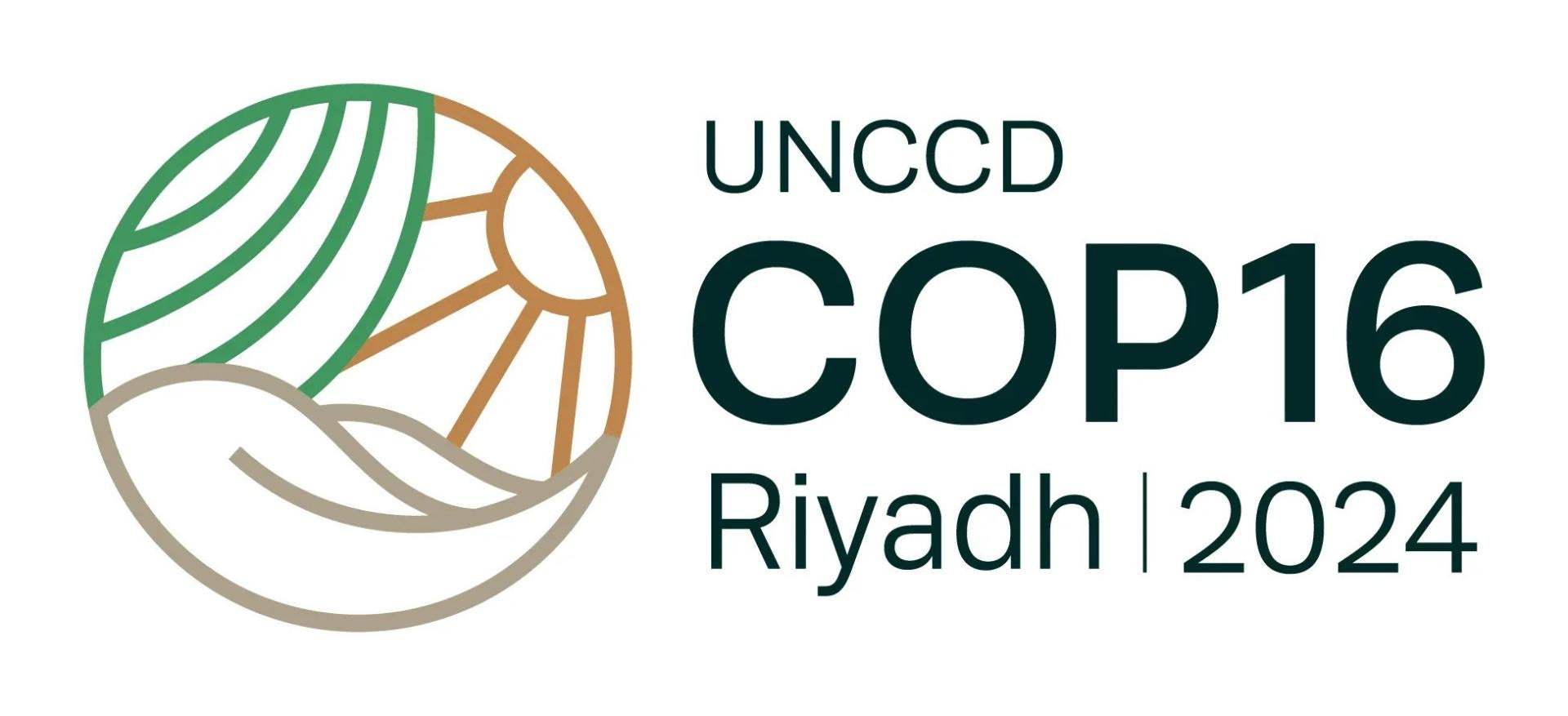
Convention to Combat Desertification: Conference of the Parties 16
The third Conference of the Parties this year - its 16th meeting COP UN Convention to Combat Desertification (COP UNCCD), will be held in Riyadh, Saudi Arabia from December 2-13, 2024.
This Convention was adopted 30 years ago, in 1994, and directly concerns the protection of the earth, its resources and the people who depend on it. According to UN estimates, the amount of agricultural land on the planet is shrinking by 23 hectares per minute, which is almost 330 square kilometers per day. The main reason is desertification, in which fertile, living land turns into dust, sand and dead territory.
Land is the most important thing for Indigenous Peoples - it is reflected throughout their cultures, in traditions, cosmovisions, and of course, in everyday life and well-being. They are completely dependent on their lands and territories. On a global scale, desertification is having a catastrophic impact on Indigenous Peoples. Unfortunately, the participation of Indigenous Peoples, precisely in this UN negotiation that is so important to them, has always been limited by the lack of financial support.
But this December, for the first time, there will be an organized Platform for Indigenous Peoples from all seven socio-cultural regions at the UNCCD COP16 to share knowledge and incorporate Indigenous perspectives into the Convention's work. Indigenous Peoples believe that the best way to combat desertification is to prevent it. Still, if that fails, working with Indigenous Peoples to implement drought mitigation strategies, apply Indigenous land management practices, and recognize and promote Indigenous knowledge in combating desertification is necessary.
The first meeting of Indigenous Peoples from the seven socio-cultural regions within the UNCCD will take place in a month. We look forward to observing the contributions they can make to the work programme and its decisions under this thematic issue.
Indigenous Peoples have visions, positions, and voices in all three Conventions, which are strongly linked to each other: biodiversity conservation, mitigation and adaptation to climate change, and protecting their lands and resources. Cultural Survival recognizes that Indigenous Peoples' influence on these conventions is critical while also acknowledging the complexities and barriers to meaningful access for the vast majority of Indigenous Peoples and persons. We will continue to track key activities, achievements, challenges, and opportunities in these cross-cutting issues.
